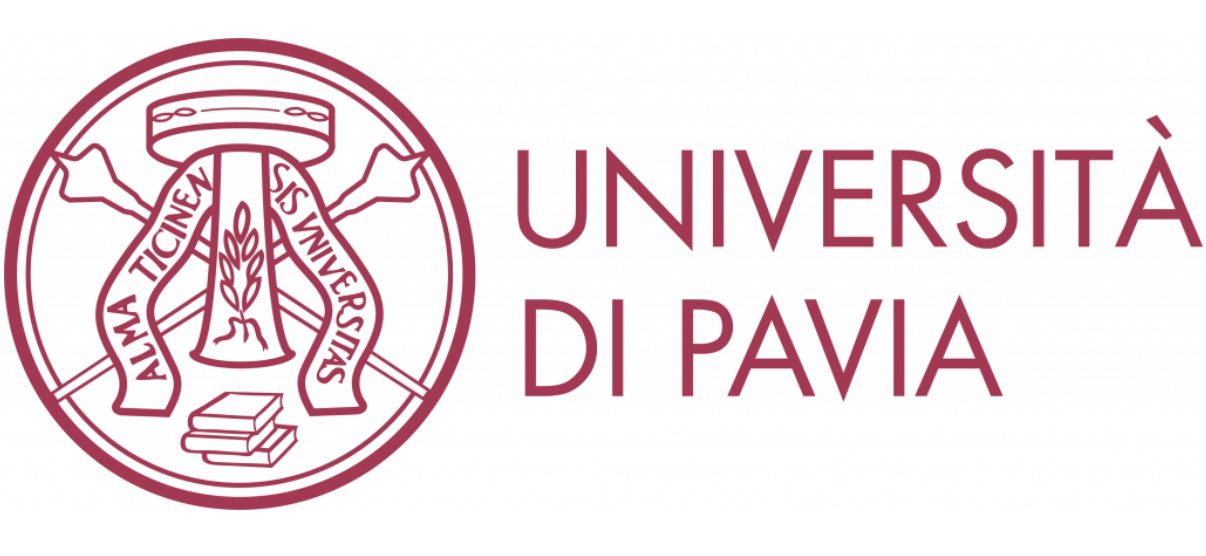Courses
Cognitive Rehabilitation (prof Gabriella Bottini)
The theoretical part of the course will provide knowledge on the main cognitive rehabilitation approaches and methodologies. The most relevant neuropsychological syndromes and their cognitive rehabilitation through focused programs will also been treated providing applicative information also about the most recent instrumental rehabilitative devices.
Clinical and Forensic Neuropsychology (prof Gabriella Bottini)
The course is centered on the interaction between these three fields : Cognitive Neuroscience, Ethics and Law. It will provide notions concerning the neuropsychologic and psychiatric syndromes that poses relevant problems from the ethical and legal point of view for both diagnosis and treatment. The course will also provide knowledge about the principal tools adopted in Forensic Neuropsychology.
Forensic Neuroscience (prof Gabriella Bottini)
This course will provide knowledge concerning Forensic Neuropsychology. The course is addressed to students aiming at acquiring methodological instruments to apply when law and Neuroscience interact.
Course on Ethics of Research and Responsible Research and Innovation (Daniela Ovadia)
Teaching ethics of research and Responsible Research and Innovation (RRI) at doctoral level in Universities is mandatory in most of European countries. Italy lacks of this tradition and expertise.
We set up a first experimental interdisciplinary course in Ethics of Research and RRI for doctoral students at University of Pavia following the model proposed by the EU Commission (undergraduate students are welcomed, but should apply by e-mail with a motivation letter and a short CV).
Our teaching goals for ethics of research fit into one of the following four general categories: knowledge, skills, attitude and behaviors.
Knowledge about the responsible conduct of research will include the facts, guidelines, policies, data and other sources of information.
Skills to promote ethical practice in science include specific proficiencies, for example:
- Ethical decision-making, including recognizing problems, identifying and examining assumptions underlying practices, using analytical skills and strategies in addressing issues and problems, and exploring implications of different courses of action.
- Critical thinking and problem solving
- Conflict resolution, arbitration and mediation, people management
- Communication skills
Attitudes and behaviors, defined by an acceptance of the value of acting in ways which foster responsible conduct. This area of the course will focus on:
- Collection, use, and interpretation of research data
- Methods for reporting and reviewing research plans or findings
- Relationships among researchers with one another
- Relationships between researchers and those that will be affected by their research
- Means for responding to misunderstandings, disputes, or misconduct
- Options for promoting ethical conduct in research
In our course we will use frontal lessons and case studies approach, that will involve all the students and foster interaction and participation. Simulation of ethics assessment procedures, ethics evaluation and interaction with the general public will also take place to allow the students to develop practical skills in the field.
Course syllabus
- At the roots of ethics and human subject research
- Informed consent
- Drug trials and recruitment
- Animal research
- Embryo and stem cell research
- Basic knowledge of legal aspects of ethics and science (in collaboration with Dr. Maria Laura Fiorina, jurist)
- APA guidelines, psychological and social research
- Who evaluates the ethics? Research ethics committees, national and international institutions etc.
- Data management and privacy
- Ethics of new technologies, ethics of engineering
- Environmental ethics
- Social impact of scientific research: how to evaluate it
- Foresight and future studies
- Intellectual property and authorship
- “Publish or perish” and quality of research
- Professional ethics, misconducts, fraud and retractions
- Conflicts of interest
- Responsible research and innovation and EU ethics rules
- How to write an ethics work package for a research project
- Public involvement, techniques for public debate and decision making in controversial issues
- From ethics to policy making
The official language of the course is English.
The course will be held in Aula Magna “Maria Antonietta Sairani” – Residenza Universitaria Biomedica – Fondazione Collegio Universitario S. Caterina da Siena – Via L. Giulotto, 12 – Pavia
For information and to apply for: write to biomedica.segreteria@collegiosantacaterina.it phone number 0382 516762
Ask the teacher: write to daniela.ovadia (at) unipv.it
